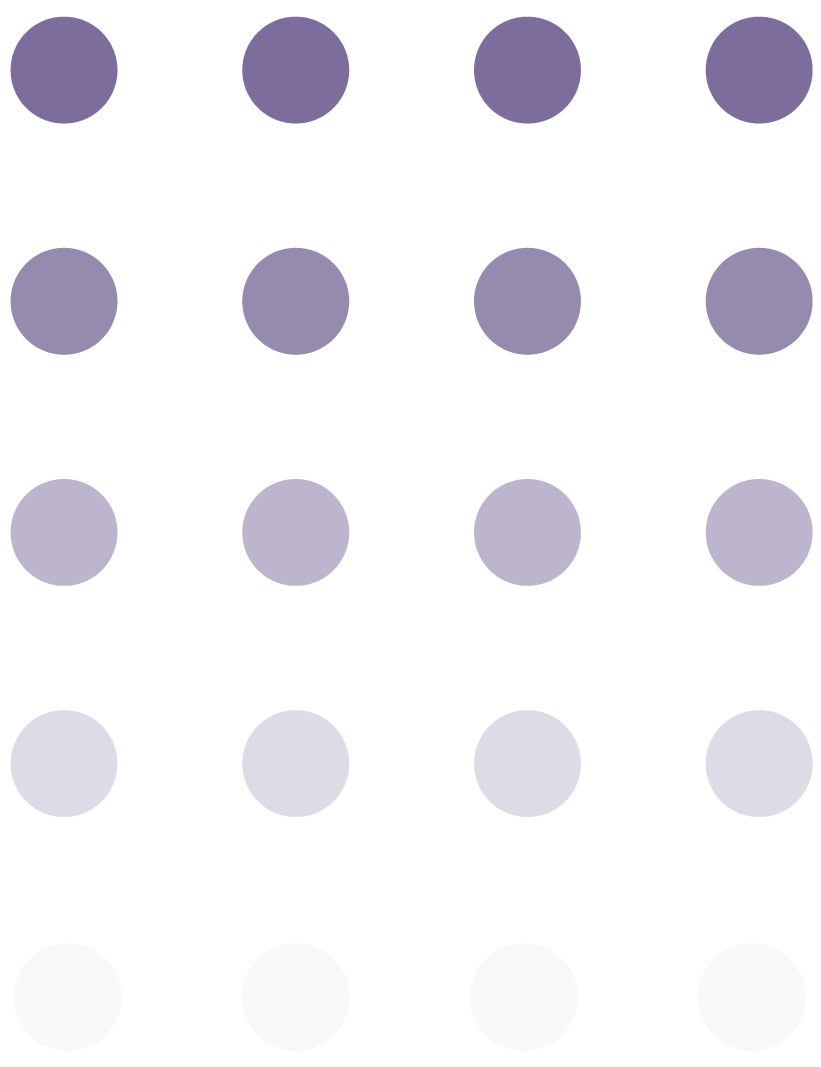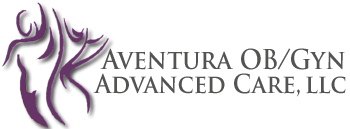Balanced Diet and Nutrition

Introduction
Causes
Symptoms
Diagnosis
PCOD is typically diagnosed through a combination of physical exams, medical history, and diagnostic tests. These may include blood tests to measure hormone levels, an ultrasound to detect cysts on the ovaries, and a pelvic exam to check for abnormalities.
Treatment
There is no cure for PCOD, but there are various treatment options available to manage the symptoms. These may include lifestyle changes such as exercise and diet modifications to help with weight management, medications to regulate menstrual cycles and hormones, and fertility treatments for women who are trying to get pregnant. In some cases, surgery may be necessary to remove cysts or part of the ovaries.
Precautions
Women with PCOD should take precautions to manage their symptoms and reduce their risk of developing other health problems. This may include maintaining a healthy weight, managing stress levels, and getting regular check-ups with a healthcare provider. It is also important to follow any prescribed treatment plans and medications to regulate hormone levels and prevent complications.

patient education
Contact us
Phone:
305-931-7960
12550 Biscayne Blvd, Suite Ph 906
North Miami, Florida 33181
Email: [email protected]
